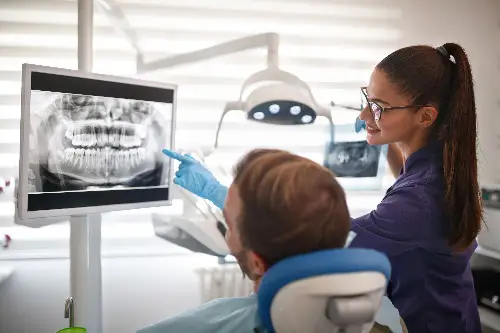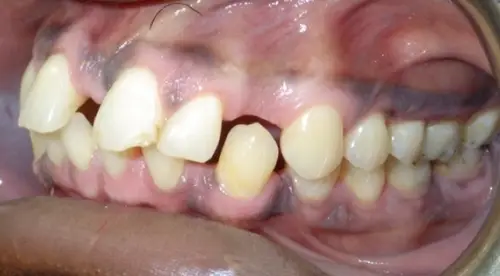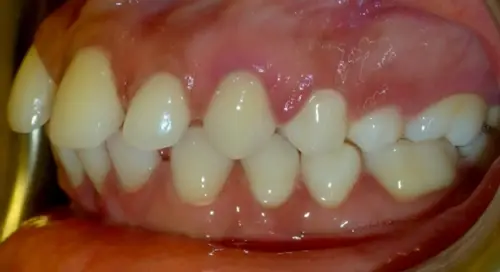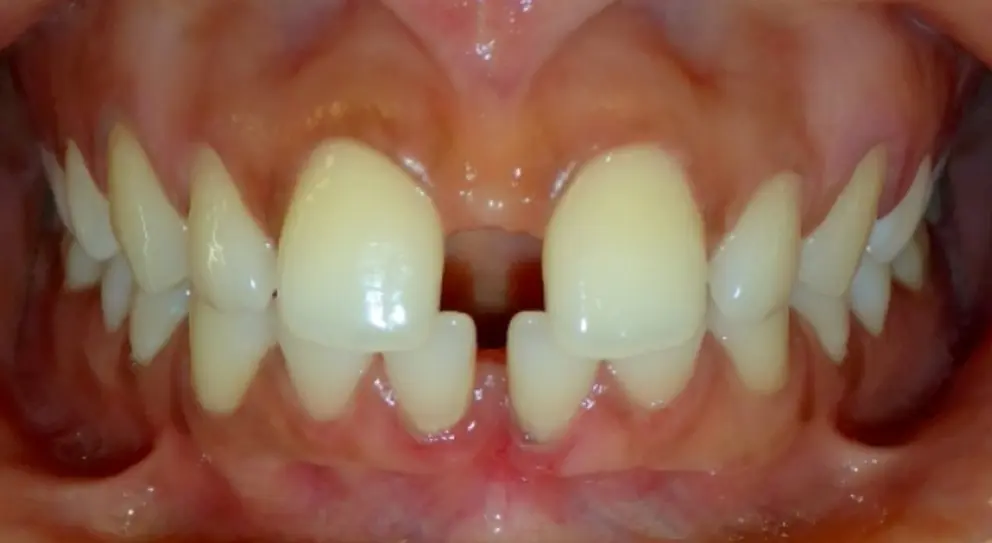Both Invisalign and braces play a crucial role in dental health. Many people focus on eating healthy and brushing regularly. However, there are also habits that can harm your teeth. These harmful habits often go unnoticed. Uncover five detrimental dental habits you may not be conscious of, and understand how to safeguard your radiant, healthy smile for a lifetime.
Teeth Grinding: A Harmful Habit
Also Referred To As Bruxism
Teeth grinding, or bruxism, is a common habit among both kids and adults. It often happens because of stress, deep thought, or unknowingly during sleep. You could be grinding your teeth without realizing it.
Learn about the various types of braces that can assist with this problem. These include ceramic, lingual, and traditional metal braces. Grinding, clenching, or gnashing teeth can wear down enamel and lead to chipped or cracked teeth. This can also lead to uncomfortable headaches, jaw discomfort, and sensitivity in your teeth.
If you grind your teeth, especially at night, it’s best to talk to a dentist for advice. They can provide a mouth guard for use during the night and offer guidance on managing stress to prevent damage to your teeth.
Arrange Your Consultation for Teeth Grinding Remedies
Drug Use: A Serious Threat to Oral Health

Unhealthy Habits for Teeth
The use of recreational drugs can negatively impact your oral health. Substances such as cocaine and methamphetamines can lead to the accumulation of plaque and the erosion of enamel. Consuming drugs orally can result in “dry mouth,” which increases the risk of bacterial growth and tooth decay.
To keep your teeth healthy, avoid drugs and think about getting braces to fix any dental problems or crooked teeth. Regular check-ups can help manage any side effects, and your dentist may recommend fluoride treatments.
Book a Dental Examination for Drug-Related Oral Care
Tobacco Use: Impact Your Smile

Gaps Due to Tiny Teeth and Severe Overbite
Smoking can harm your teeth by causing stains, bad breath, and increasing the risk of gum disease and oral cancer. Tobacco products encourage the accumulation of plaque and can cause inflammation of the salivary glands, resulting in tooth decay and periodontal disease. To safeguard your dental health and maintain strong teeth throughout your life, quit tobacco use. Understand how orthodontic braces function and exert pressure to effectively reposition teeth as part of your dental hygiene regimen.
Nail Biting: Not as Harmless as It Seems

Fingernails
Biting nails may seem harmless, but it can harm teeth by causing fractures, splinters, and enamel erosion. It can also misalign teeth, particularly in children. Moreover, placing hands in your mouth can bring in harmful bacteria, resulting in tooth decay and periodontal infections.
To curb the habit of biting your nails, try engaging your hands with items like silly putty or dice. Alternatively, apply a clear, non-toxic nail polish with a bitter taste to deter biting. If these methods do not work, you can ask your dentist for other options. These options may include stainless steel wires or plastic aligners. These can help straighten your teeth.
Book Your Consultation for Nail-Biting Dental Concerns
Ice Crunching: A Hidden Danger

Spaces Gaps Between Teeth
Chewing on ice is undeniably detrimental to your teeth! Frozen ice, despite its water composition, can harm your teeth because of its hardness when bitten. Your teeth’s ends are particularly sensitive, so you need to treat them gently. Biting into a solid chunk of ice exerts excessive pressure on the ends of your teeth, which could result in chips or cracks.
Also, if you have braces with metal brackets, biting on ice can be extremely dangerous and cause more harm. The pressure exerted on your teeth can impact the braces and their efficacy. Hence, it’s crucial to steer clear of this habit, as it could result in orthodontic issues. In short, don’t chew ice to protect your teeth, especially if you have braces. It can harm your oral health, even though it may seem tempting. Remember, it’s better to enjoy your cold drinks without risking damage to your teeth just for a few moments of crunching. Your teeth will appreciate it, and you can preserve that radiant smile for the remaining 22 hours of your day!
Schedule a Consultation for Ice-Chewing Dental Problems
Preserve Your Excellent Teeth!

In conclusion, certain detrimental habits can result in dental issues, hence the importance of maintaining optimal oral hygiene. Steer clear of these habits to safeguard your teeth for a lifetime!
To maintain healthy teeth, follow a balanced diet, limit sugar intake, and brush and floss regularly. The American Association of Orthodontists recommends these practices for optimal oral health. Eating a variety of foods, such as fruits and vegetables, can help prevent tooth decay and gum disease. Avoiding excessive sugar can also reduce the risk of cavities. Remember to brush your teeth twice a day and floss daily to remove plaque and food particles. Regularly visit a dentist for examinations and cleanings to detect any potential problems early. If your teeth are crooked, consider getting braces to straighten them and improve your smile. Orthodontic procedures can not only boost the aesthetics of your smile but also enhance your overall oral health. Make sure to take care of your teeth and gums by prioritizing oral hygiene and dental care for a healthy smile.

